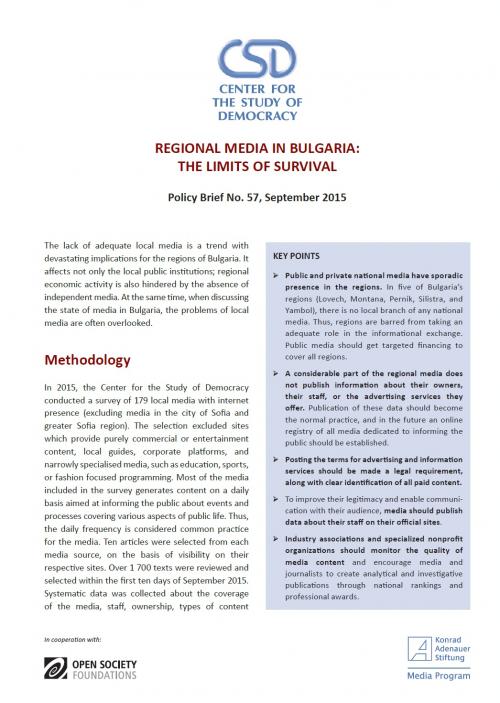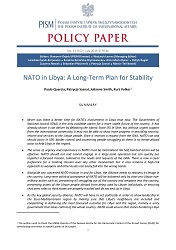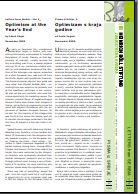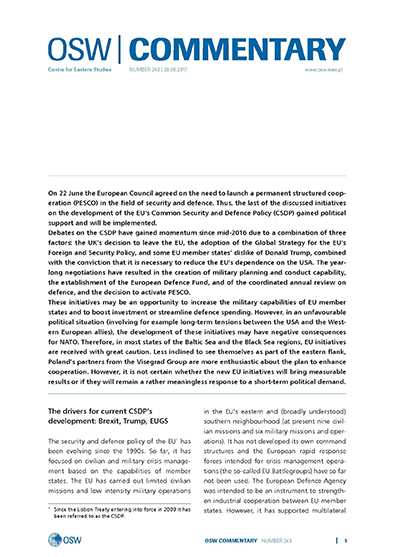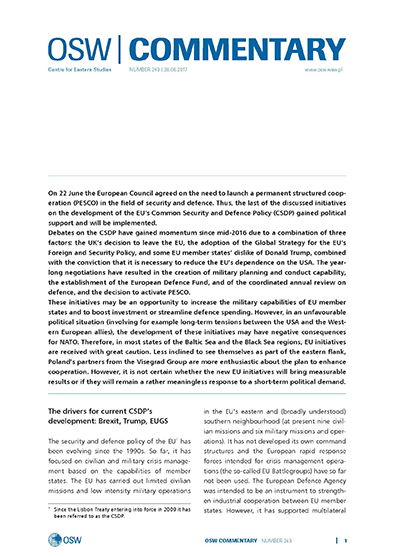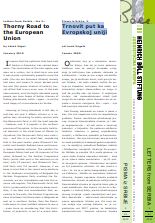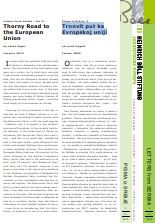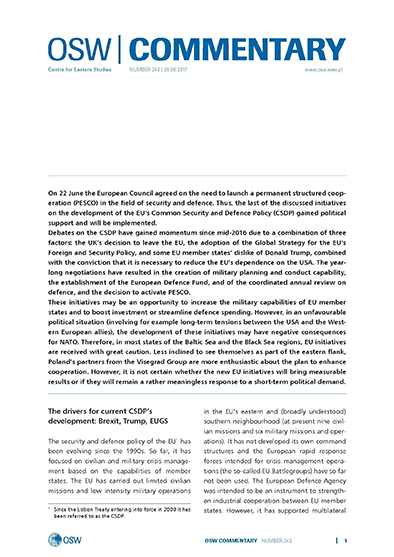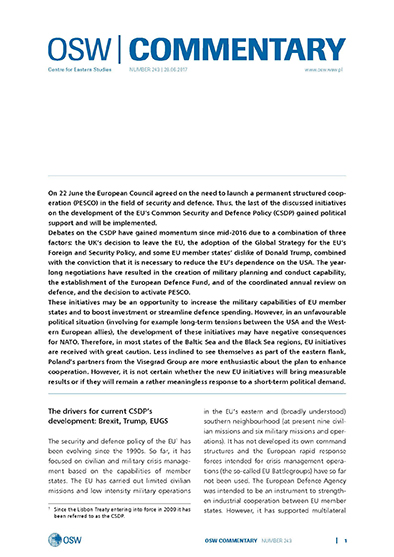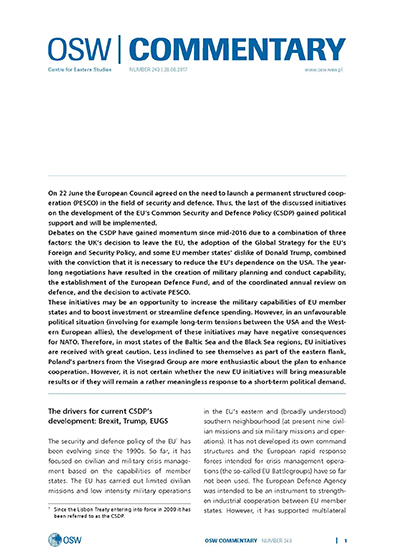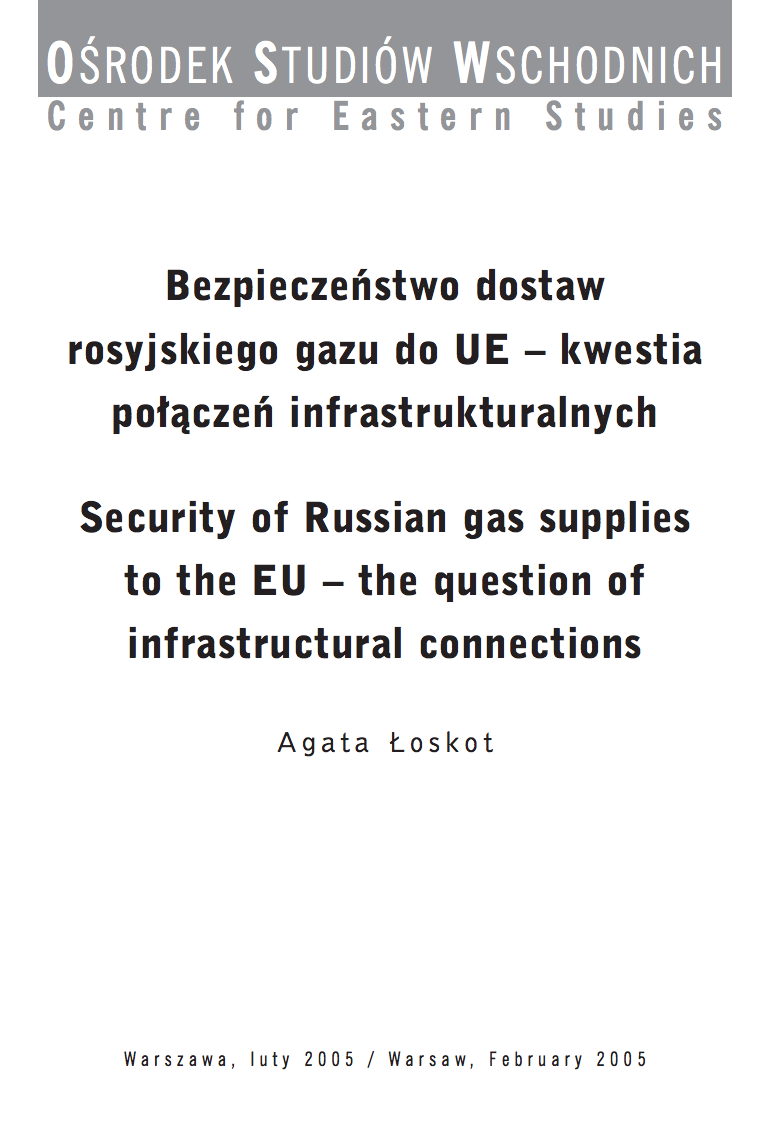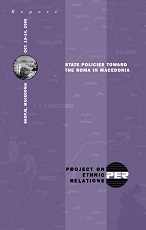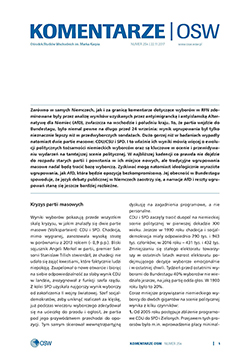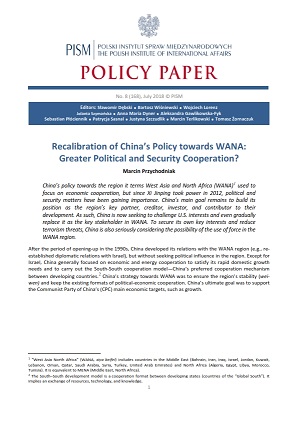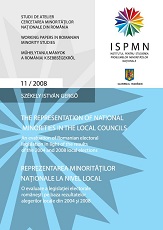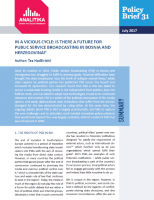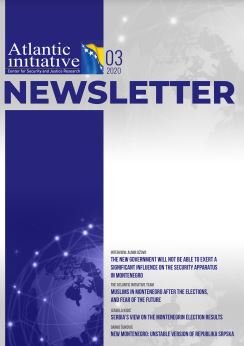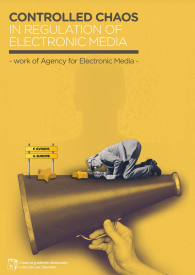State Policies toward the Roma in Macedonia
Author(s): Allen H. Kassof,Livia Plaks / Language(s): English
Keywords: Roma in Macedonia; Roma integration; Roma and the Government;
Of all the problems that have affected Central and Southeastern Europe, that of relations between Romani communities and the majority populations has been among the most widespread and persistent. Macedonia, which is the focus of this report, has made great progress, showing tolerance toward its minority communities, including the Roma, and generosity toward both ethnic Albanian and Romani refugees from the conflict in Kosovo. Among the Macedonian government’s main domestic tasks at present is that of formulating a comprehensive policy toward its Romani community. In addition, the status of Romani refugees must be addressed by international players as well as by the governments of Macedonia and its neighbors. Macedonia, which is seeking membership in the European Union, will have to fulfill the long list of prerequisites demanded of all candidate countries, including the development of comprehensive state policy toward the Roma, a requirement that is part of “Agenda 2000” of the European Union. (“Agenda 2000” sets forth the process of reform and enlargement of the EU.) Whether Romani representatives have real decision-making power with respect to the situation of their own communities will also be considered in EU accession. Indeed, if the Macedonian application for admission is to succeed, policies must be developed on the basis of a partnership between the government and the Romani community. In order to discuss these topics and to encourage a Roma-government partnership, the Project on Ethnic Relations (PER) organized a meeting in Skopje, Macedonia, on October 13 and 14, 2000.
More...
